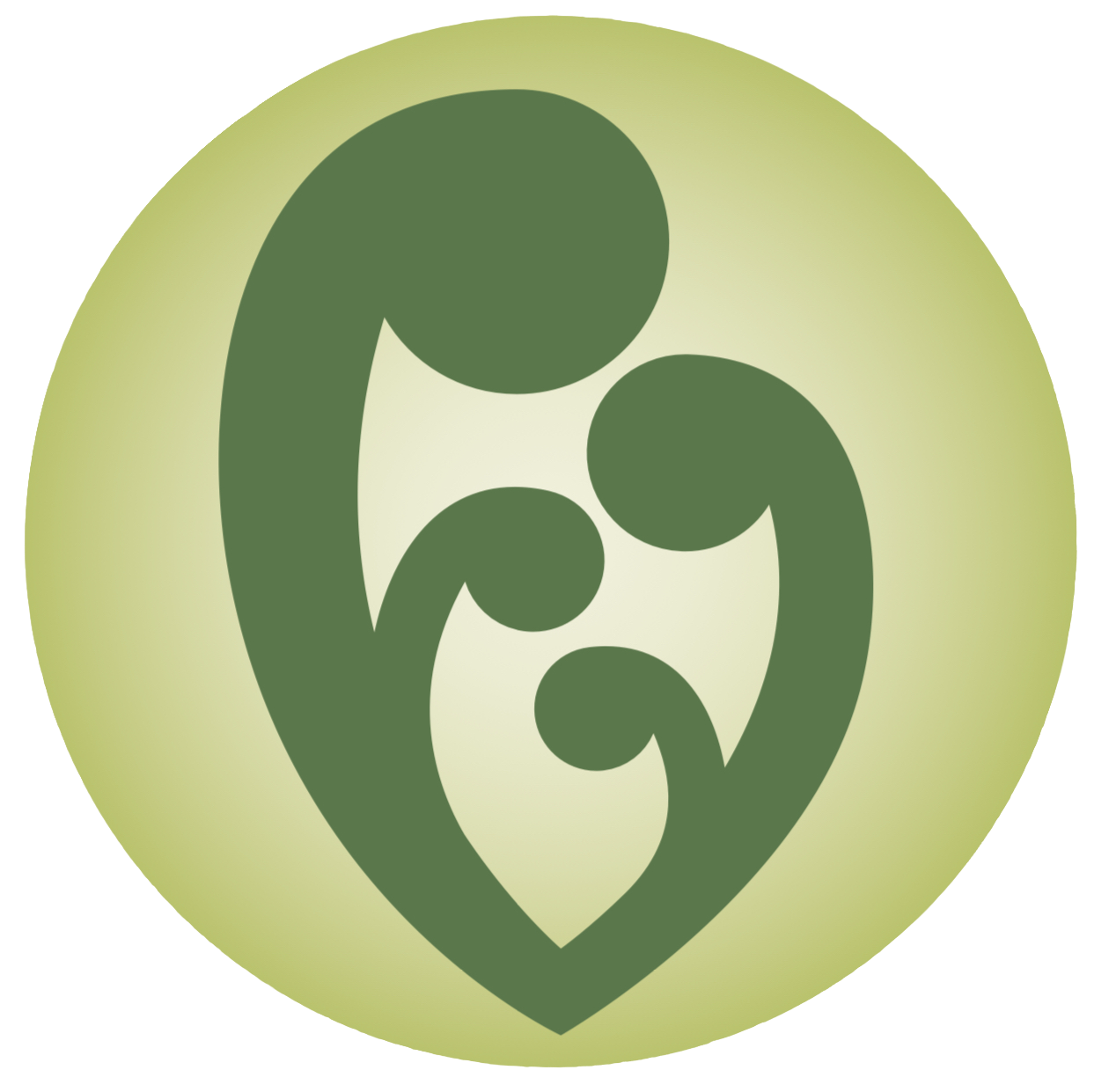
YOUNG PEOPLE SERVICES
HOW CAN COUNSELLING TAUTOKO YOUNG PEOPLE?
Sometimes it can be challenging for tamariki and rangatahi to speak to their whānau; they may find it difficult to express their thoughts or feelings, and there may be many reasons why. Korero with someone neutral and not a part of the whānau, this can help a tamariki and rangatahi feel safe to express themselves. Sometimes tamariki and rangatahi need someone to help them identify tools and strategies to navigate struggles and challenges.
At Āwhina Whānau Services, all our team members are experienced and qualified professionals, each belonging to their relevant professional organisations.
TAMARIKI & RANGATAHI
We provide therapy and counselling within the Hawkes Bay region for individuals aged 4 to 17 who have experienced trauma by a family member or someone close to them.
WHO DO WE HELP?
WHAT DO WE FOUCS ON?
Anxiety
Depression
Trauma
Grief & Loss
Bullying
Anger management
Conflict Resolution
Parental separation
Changing Environments
Neglect
Family violence
Sexual Violence
Attachment & Abandonment issues
Emotional regulation
Self-esteem
Identity considerations
SERVICES WE PROVIDE:
Talk therapy
Sand tray therapy
Play therapy
Interactive drawing therapy
Art therapy
Strengths based, CBT
Parental and tamariki interactive therapy
Adventure based therapy and outdoor health
Cultural connection
Mentoring
Solution based therapy
PROGRAMMES WE OFFER:
Tamariki Kaha: programmes in schools for ages 5-13 years old
Piringa Whānau: Whanau based programme.
Whakapuāwai: therapy programme for kotiro who have experience trauma.
Mana Tamatea
Mauri Ora
Resilience programmes (school based)
Turangawaewae
THE NEXT STEP…
1. When a referral is received, contact will be made with whānau to accept or discuss other options with the referral.
2. We initially meet with whānau (parent(s), caregivers or guardians) for a Whakawhānaungatanga Hui. This hui involves the therapist will complete an assessment and required paperwork with whānau (hui is usually between 1 ½ hours to 2 hours).
3. The next step is the allocation of a therapist in Āwhina Whānau Services.
4. The allocated therapist will then make contact with the whānau to start the therapy process.
